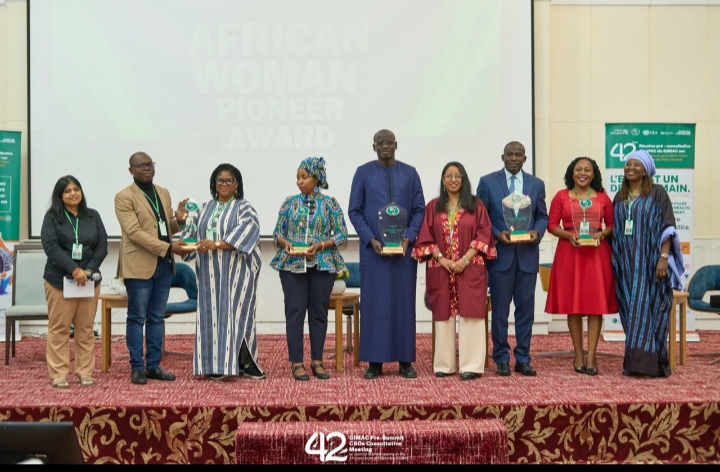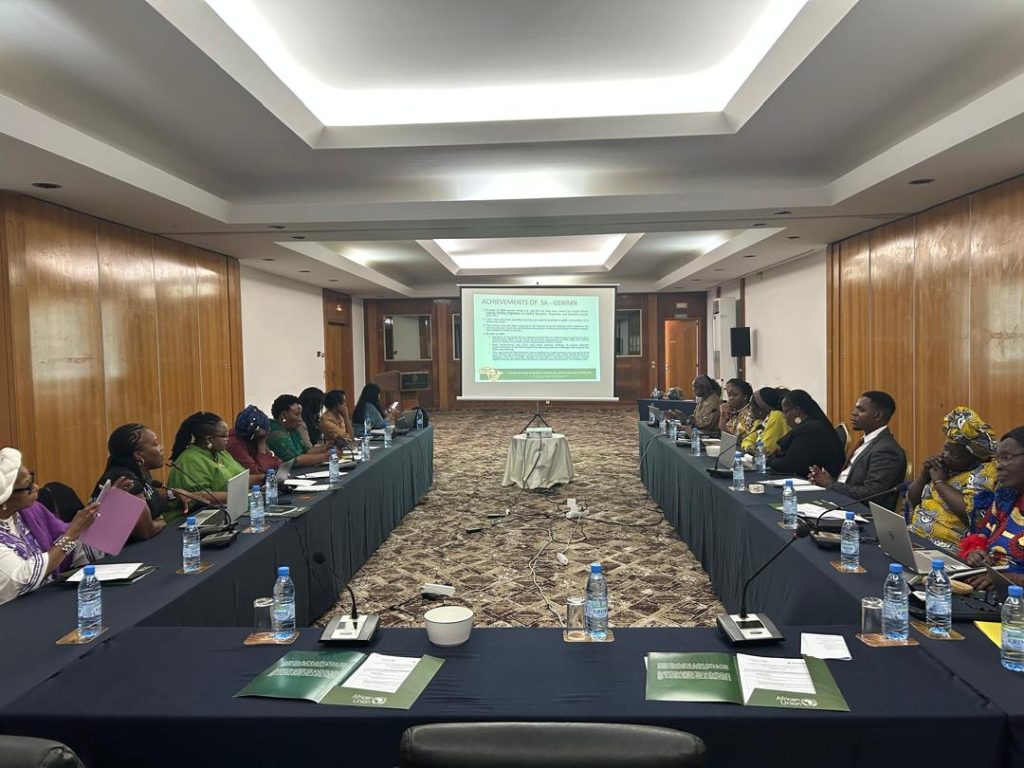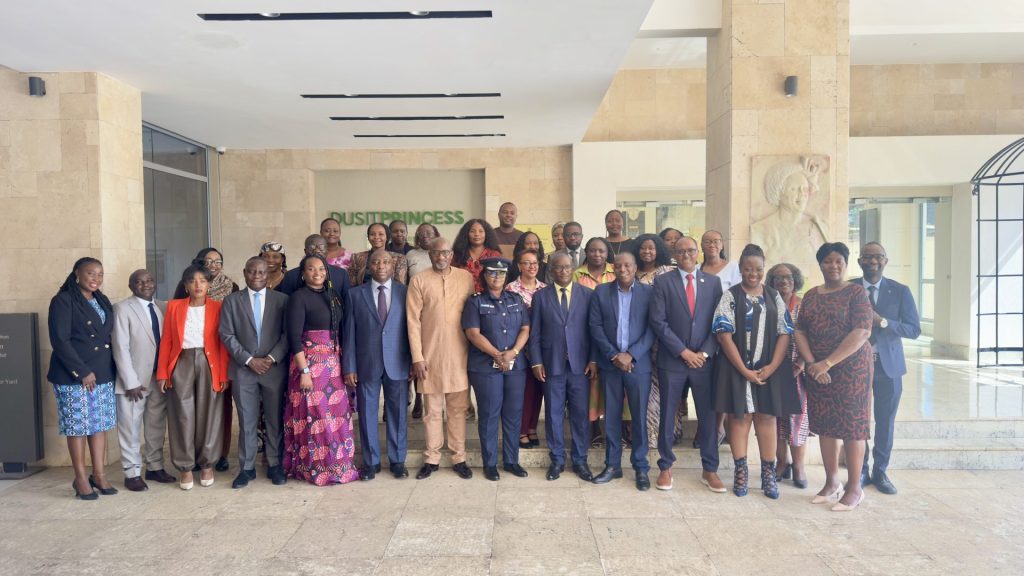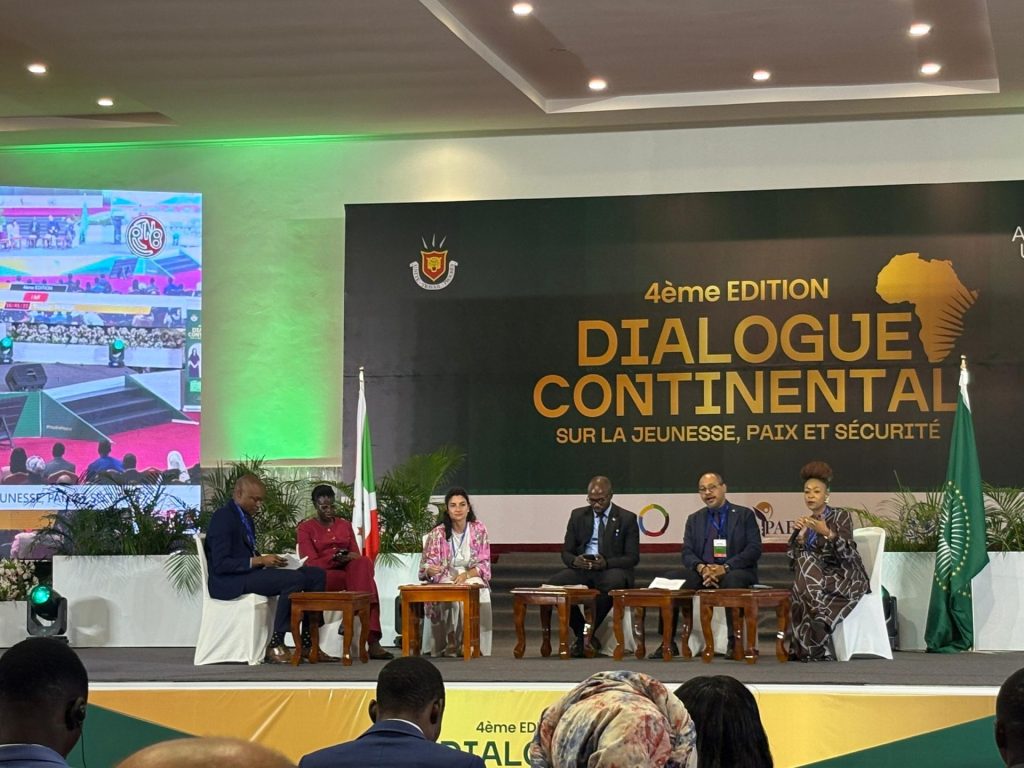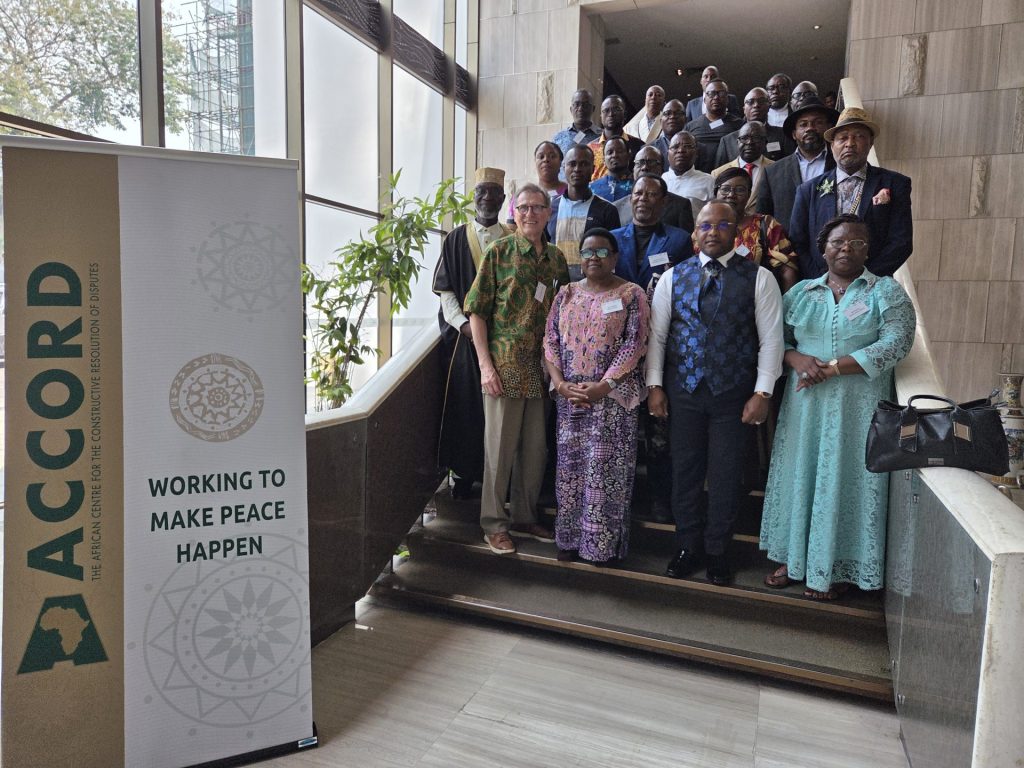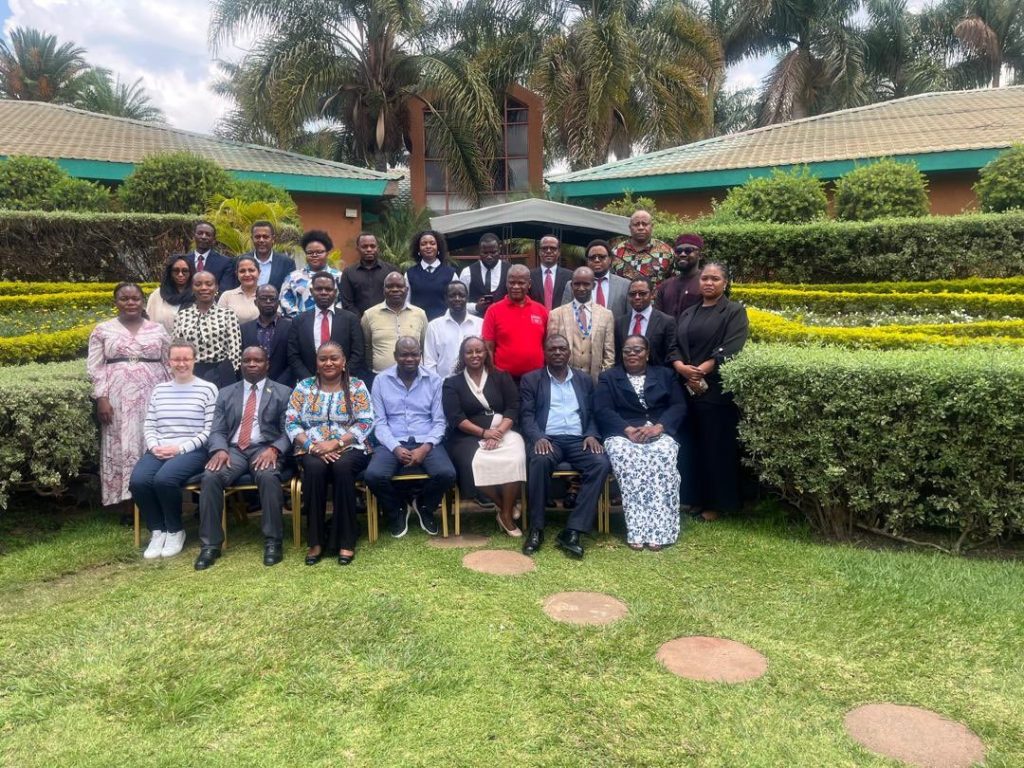On 29 April 2025, ACCORD attended the Global Alliance for Peace Operations’ (GAPO) first online policy workshop. ACCORD is a member of the GAPO, which is a network of 50 research and training institutes, civil society organisations and independent experts. The role of this Alliance is to collaboratively formulate policy recommendations to feed into the United Nations (UN) Peacekeeping Ministerial meeting scheduled for May 2025.
The online workshop, convened under Chatham House rules, brought together over 70 researchers and practitioners from various global civil society and research organisations working in the peacekeeping field to present the key findings of several research papers that have been produced by various collaborations within the Alliance. The presentations were made to key UN personnel and staff of the German Ministries of Foreign Affairs and Defence with the overall aim of informing discussions at the UN Peacekeeping Ministerial meeting.
The online workshop featured research on the future of peace operations, protection of civilians, peacebuilding and women’s meaningful participation in the future peacekeeping models, among other interrelated issues like building partnerships for peacekeeping and incorporating local perspectives. In addition to these presentations, a synthesis of the Alliance’s 18 short issue papers was presented.
Some key highlights of these discussions focused on how to (re) generate political momentum and leadership for UN peacekeeping operations in the context of the various challenges to multilateralism and funding for peacekeeping, and how to operationalise UN Resolution 2719. Related to the political aspect, the conversation also focused on integrated planning and preparedness of peacekeeping operations. Here, experts listed some of the challenges around practical approaches to building congruency between a mission and its headquarters. Progress was noted in the protection of civilians in peacekeeping operations but that such a normative development could be threatened by more recent models of regional intervention and through member states’ use of private military companies. A final highlight was the discussion on the improved synergies between peacekeeping and peacebuilding, noting its conceptual and operational connection.



